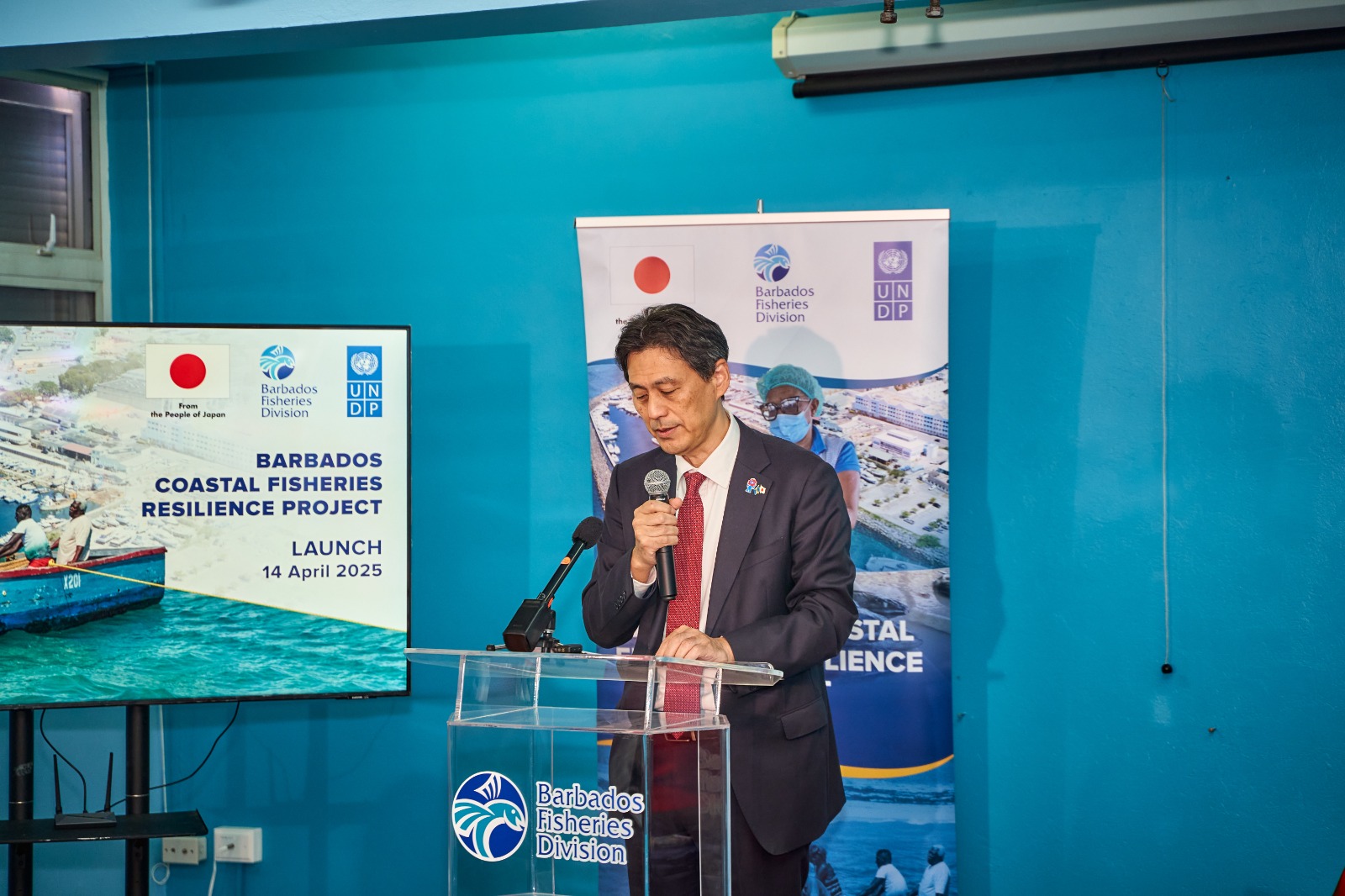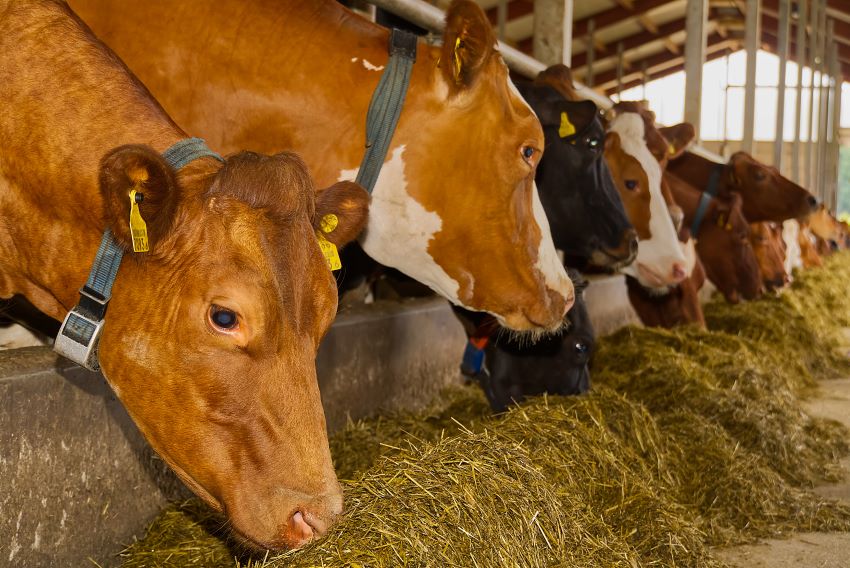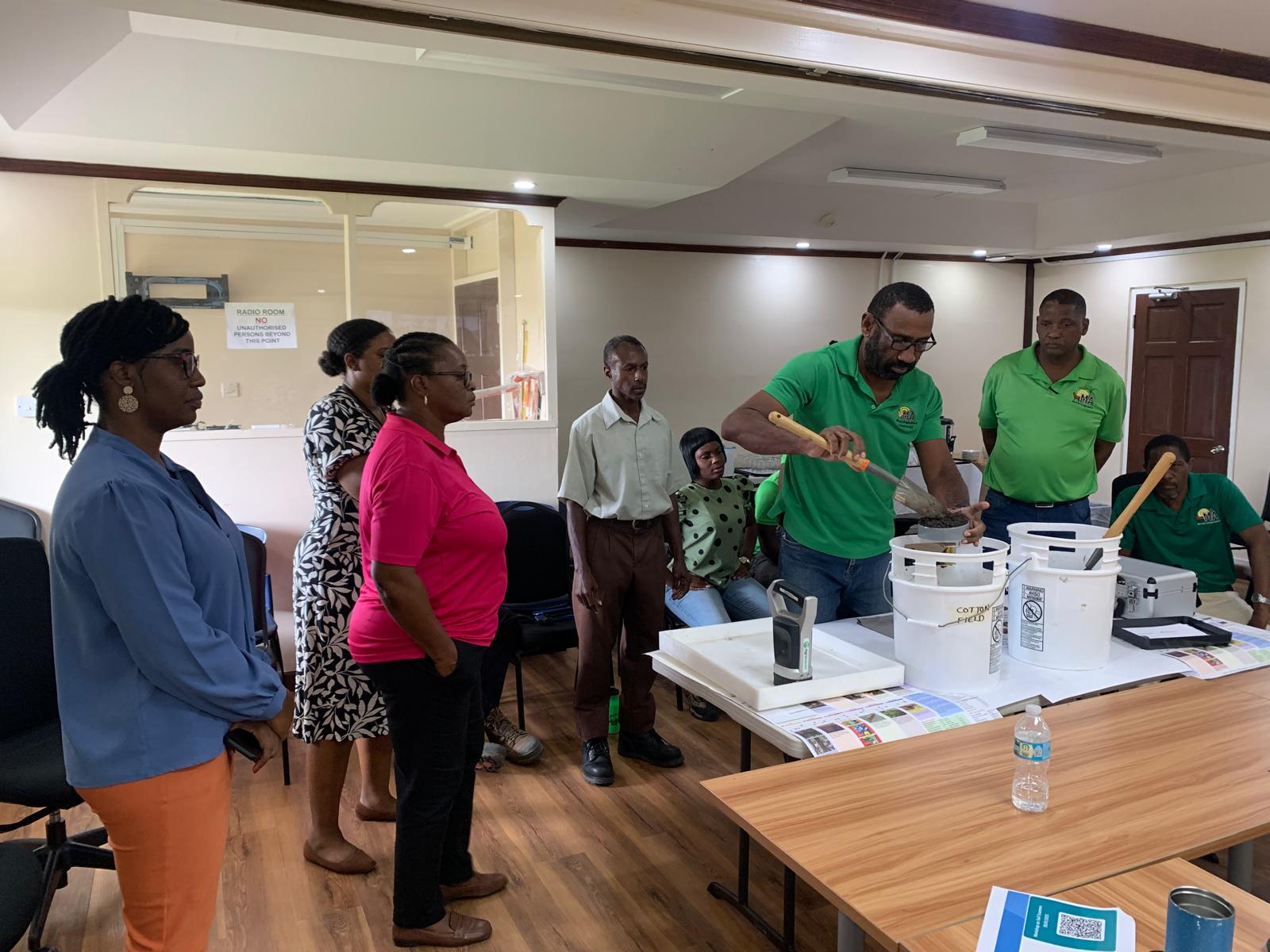The Organization will play a prominent role as it will host the Alliance’s support mechanism at its headquarters in Rome
The Food and Agriculture Organization of the United Nations (FAO) formalized its membership as a founding member of the Global Alliance Against Hunger and Poverty, a G20 initiative championed by Brazil to dramatically expedite efforts to achieve the eradication of poverty and hunger by 2030 as well as to reduce inequalities.
In joining FAO said it “commits to collaborate with other Alliance members to develop innovative solutions and share good practices in learning and knowledge exchange and dissemination on voluntary and mutually agreed terms, data collection and analysis, including by leveraging existing local, national, and international knowledge networks, coalitions, communities and other fora related to aspects relevant to the fight against hunger and poverty.”
The Global Alliance has garnered unanimous support at G20 members this year. It will be formally launched at the G20 Leaders Summit in mid-November. Numerous international financial institutions and UN agencies have or are expected to join along with governments, philanthropic foundations and knowledge institutions.
FAO will play a prominent role as it will host the Alliance’s support mechanism at its headquarters in Rome. The support mechanism will serve as a logistics and coordinating to reduce transaction costs, mitigate risks and maximize yields on donor investments through flexible collaboration instruments and innovative finance modalities.
“The Alliance will enable large-scale country-owned and country-led implementation of evidence-based policy instruments to eradicate hunger and poverty through its national, knowledge and financial pillars,” FAO Director-General QU Dongyu said. “It will be key to bringing knowledge, expertise and success stories to the parts of the world where it is needed the most,” he added.
The Global Alliance
The Global Alliance is set up to support national public policies such as school meals, cash transfers, maternal and early childhood nutrition, gender equality. Smallholder farmer support and water access and management schemes. It entails an evidence-based Policy Basket and six “sprints” or areas where accelerated actions targeting the most vulnerable can lead to quick, impactful and sustainable results on the ground.
According to FAO, around 735 million people or one in every people in the world faced hunger in 2023, highlighting the challenge of achieving zero hunger by 2030 as pledged in the Sustainable Development Goals.
The Policy Basket at the heart of the Global Alliance contains up to now around 50 policy instruments and numerous linked country examples.
It covers areas from child and family support, conditional and unconditional cash transfers, employment guarantee schemes, school meals programmes, nutrition, support for livelihood diversification, basic education and access to drinking water, access to credit and irrigation resources and climate-smart technologies and support for smallholder farmers.
In its Statement of Commitment, FAO emphasized that the Policy Basket will be collectively built and based on well-defined policy instruments with a clear scope, implementable by governments, -and primarily reaching out to people experiencing poverty and hunger. FAO also indicated its intention to contribute by assembling, analyzing, monitoring and improving access to data and information in areas related to the Organization’s mandate. (PR)

 Local1 week ago
Local1 week ago
 International3 weeks ago
International3 weeks ago
 Tourism2 weeks ago
Tourism2 weeks ago
 Business3 weeks ago
Business3 weeks ago
 Sports1 week ago
Sports1 week ago
 Government2 weeks ago
Government2 weeks ago
 Local3 weeks ago
Local3 weeks ago
 International3 weeks ago
International3 weeks ago
























